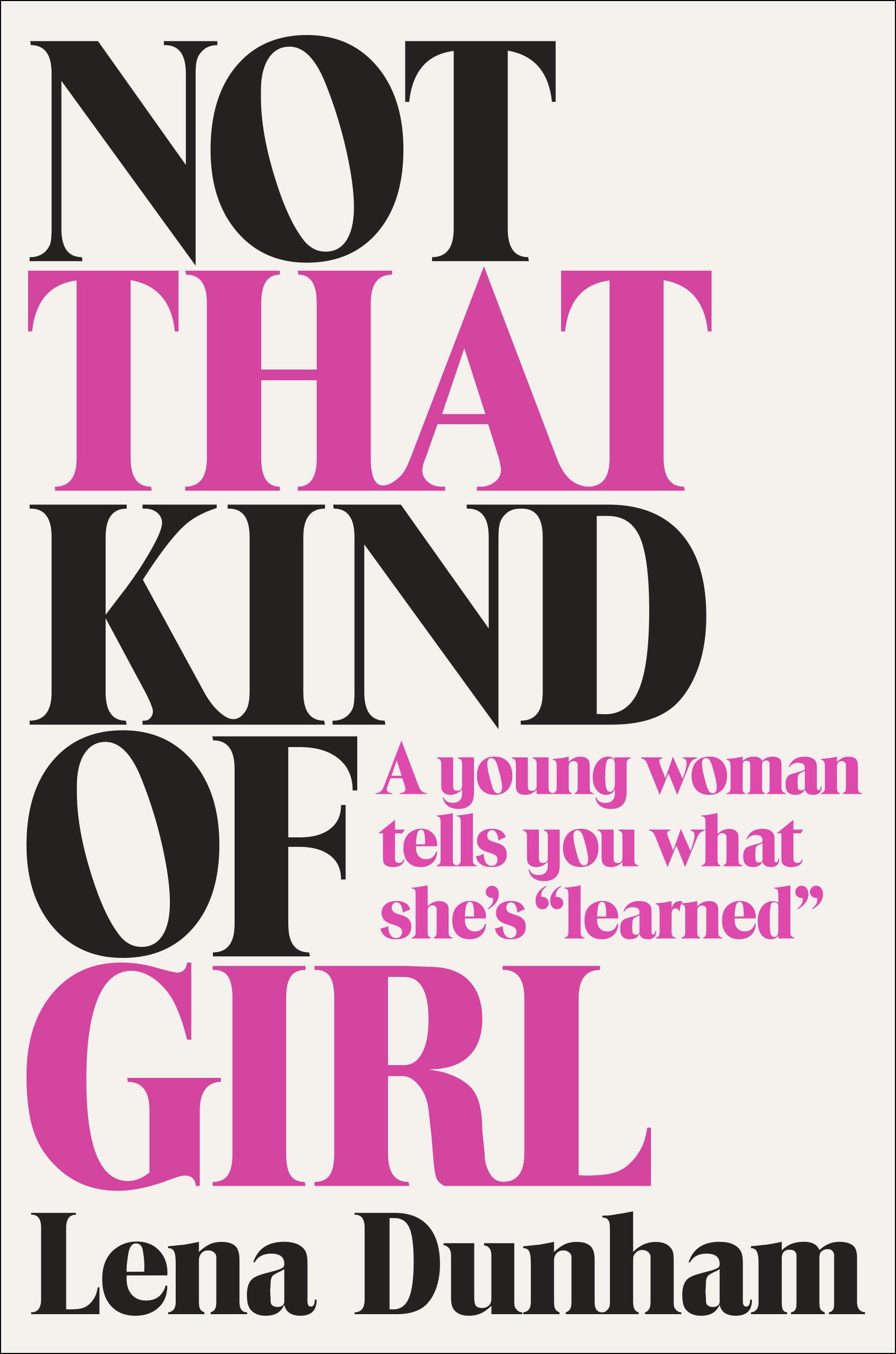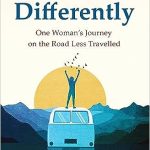by Brittany Brolley
In her first book, Not That Kind of Girl: A Young Woman Tells You What She’s “Learned,” Lena Dunham fearlessly tackles a variety of topics with the candor and self-deprecation of a best friend. From her Obsessive Compulsive diagnosis to the lingering effects that being raped has on the psyche, her collection of 32 essays broaches difficult subjects. Dunham’s memoir paints a picture of the full human experience – the good, the bad, and especially the ugly.
A Private Exchange
Despite being a #1 New York Times bestseller, reading Not That Kind of Girl feels like a private exchange between author and reader. Although Dunham wears her embarrassment as a second skin, when she writes about things like performing fully nude scenes in her hit series, Girls, I caught myself shielding the pages from my husband as to not make her uncomfortable. Dunham thinks “It’s not brave to do something that doesn’t scare you,” so I suppose the discomfort is my own.
That being said, Dunham does admit to feeling shame, especially at the hands of men. In an early essay, Dunham tells the tale of a schoolboy sending a disturbing and sexually threatening email in which the police become involved. “One of the officers implies I shouldn’t have been so nice to him if I didn’t like him ‘that way.’ I tell them I just felt sorry for him. They say I should be careful in the future. I am ashamed.” I bet this feeling may resonate with many women.
Dunham also details a life of anxiety with painstaking clarity. During the filming of Girls‘ first season, Dunham reveals, “The anxiety that has followed me through life like a bad friend had reappeared with a vengeance and taken a brand-new form…I didn’t care if I succeeded or failed because I wasn’t totally sure I was alive.” As a fan of Girls, I felt an overwhelming sadness for Dunham at this time — a woman on the cusp of success and yet fully incapable of processing it.
Stardom
Despite producing, directing, writing, and acting in the critically acclaimed series, Dunham has not become aloof. She has recognized “the confusing thing about incredible good fortune…just how isolating it can be.” Wary of how others will view her complaints, she claims not to have the right to them, but I disagree. The vast majority of us will never become rich and famous; how can we judge the way a person handles stardom?
She admits to sometimes fantasizing about a life without fame, and worries how the things that routinely accompany fame can take her away from her goal. “And the goal is big,” she explains. “Radical self-acceptance for women everywhere, political change so total it shakes the ground, justice and joy for those who have been used and tossed aside. And the goal is small: utter and unbridled self-hood.”
Perhaps without her even knowing it, Dunham’s goal feels evident throughout every essay in her memoir. Her book should top the reading list of anyone who is searching for their individual identity or helping others to find their own voices.
The latest member of Laura’s book nonfiction review team, Brittany is a lifestyle writer, childfree advocate and founder of therinkydinklife.com, a website dedicated to breaking free of the stereotypes surrounding the childless.



